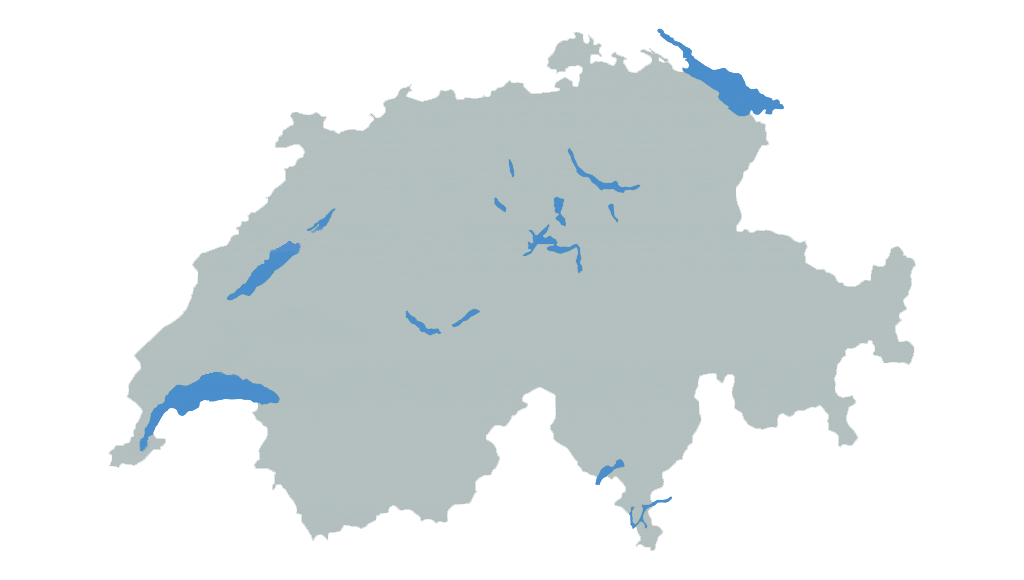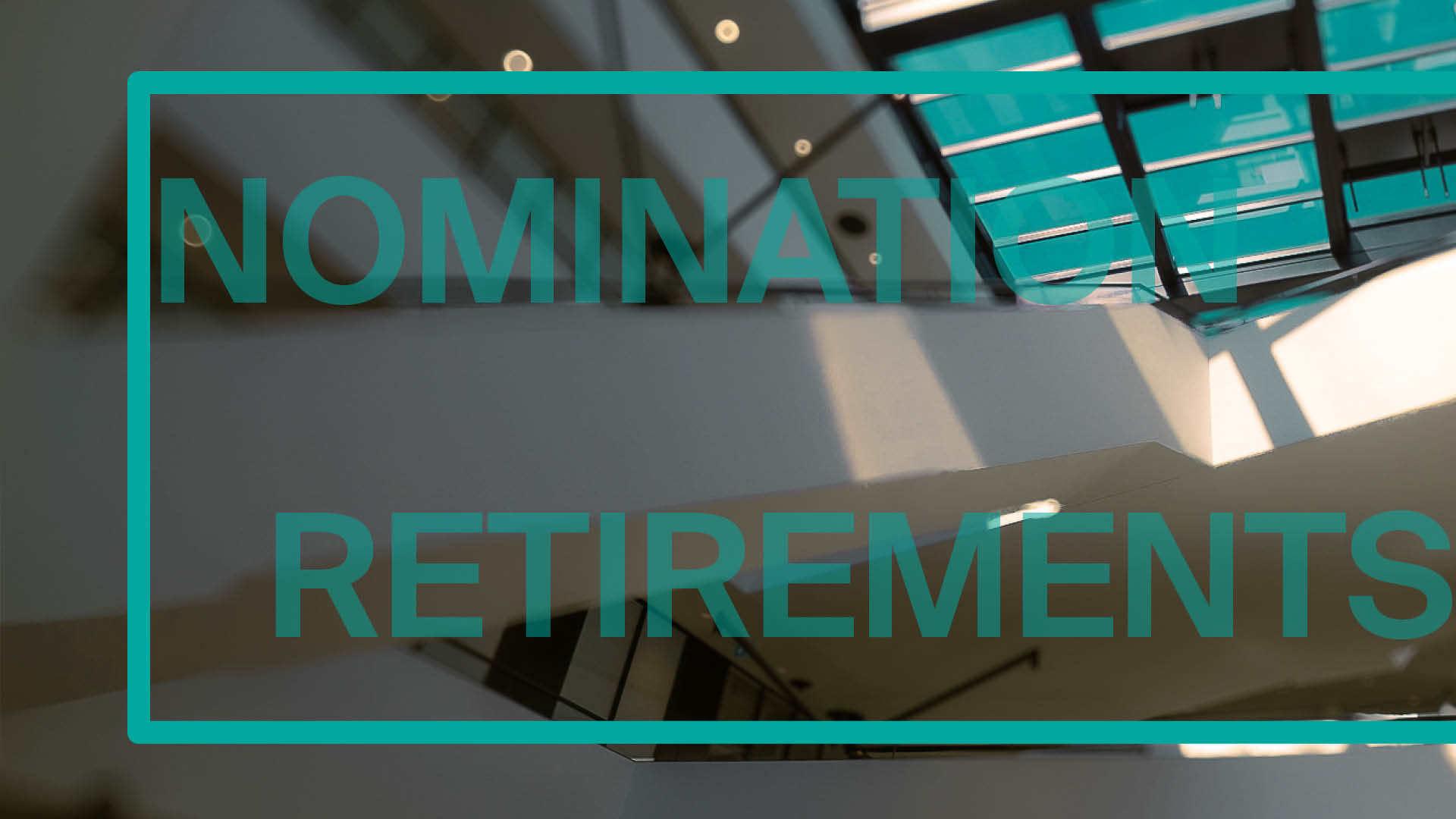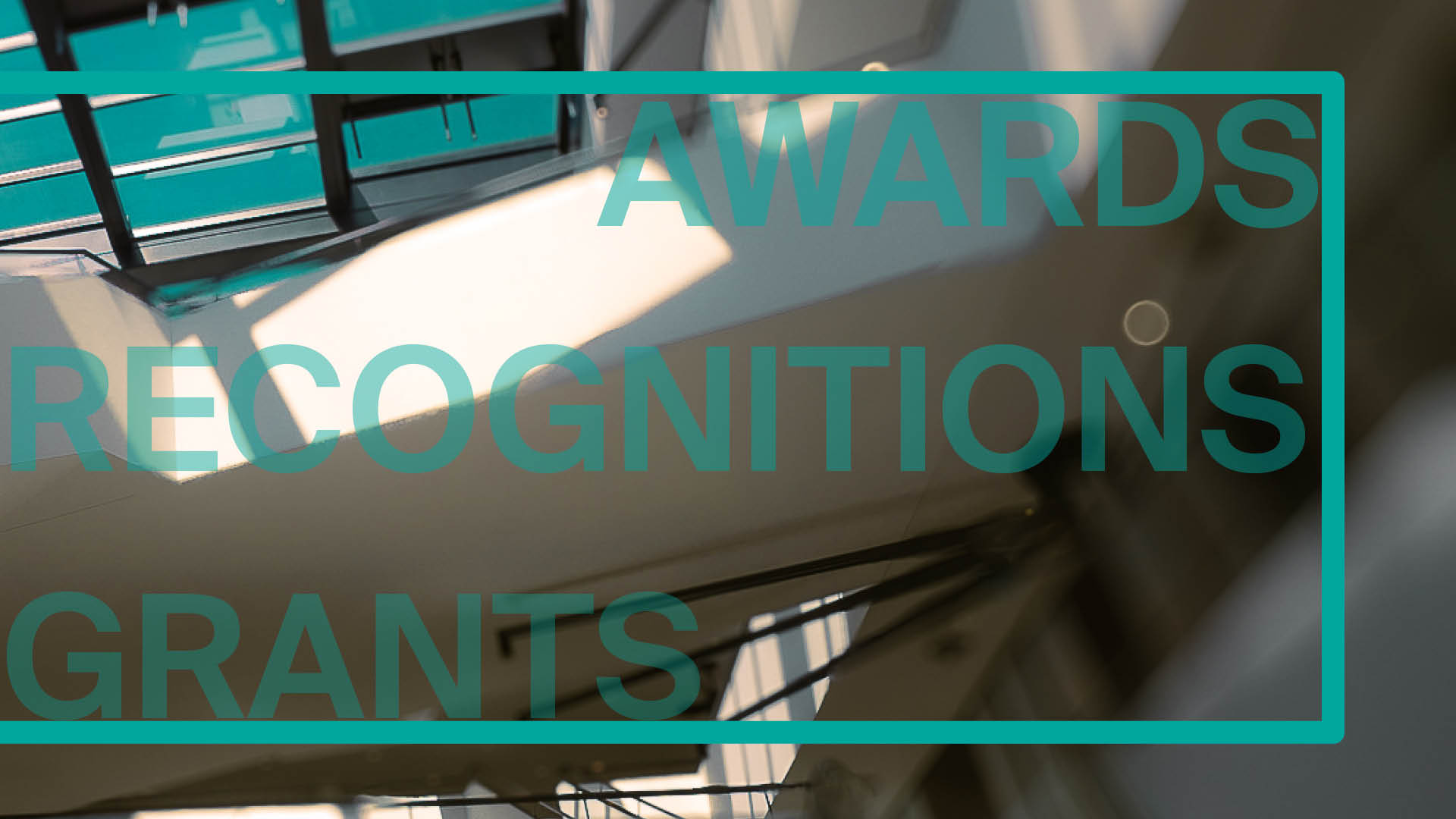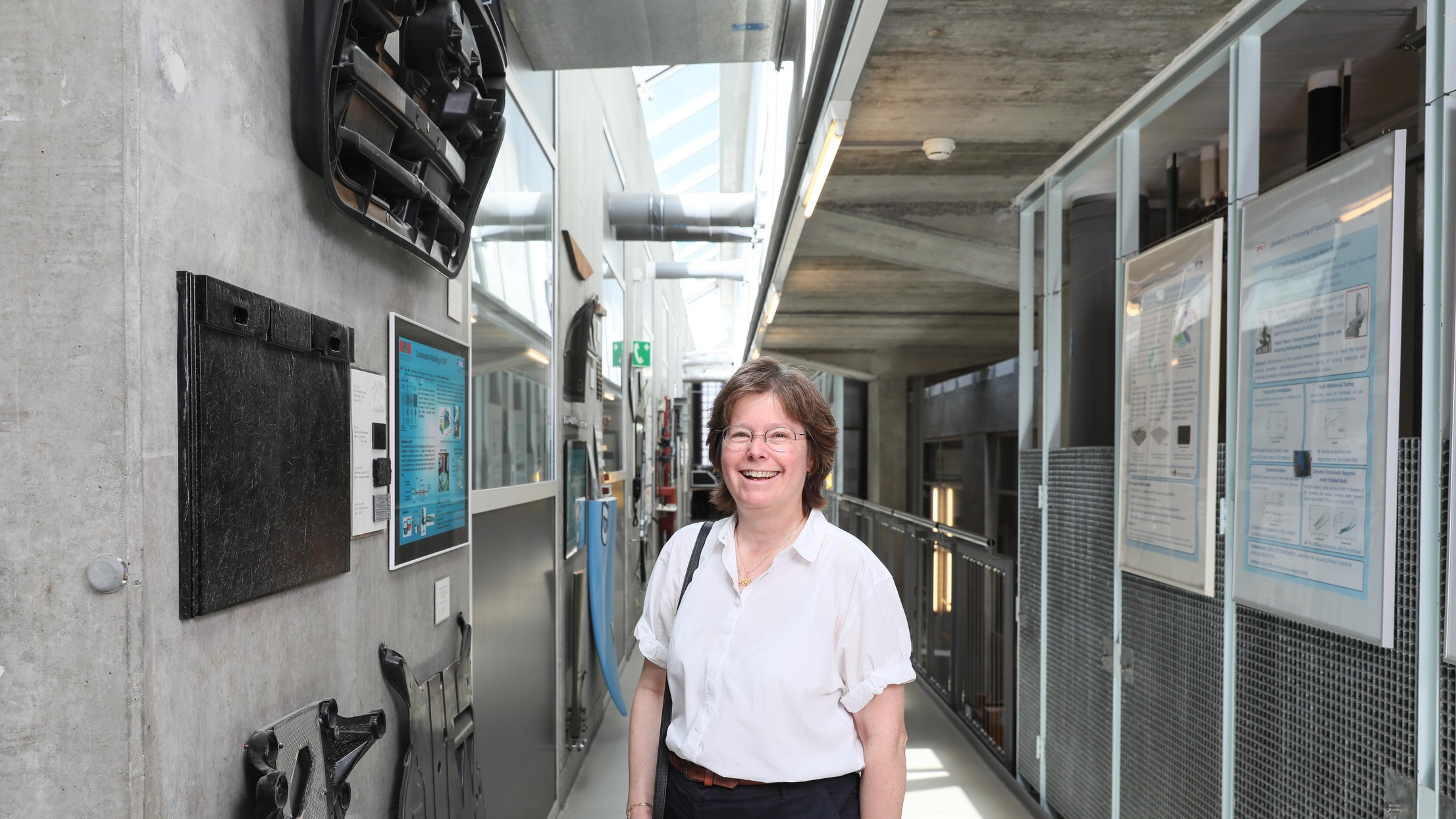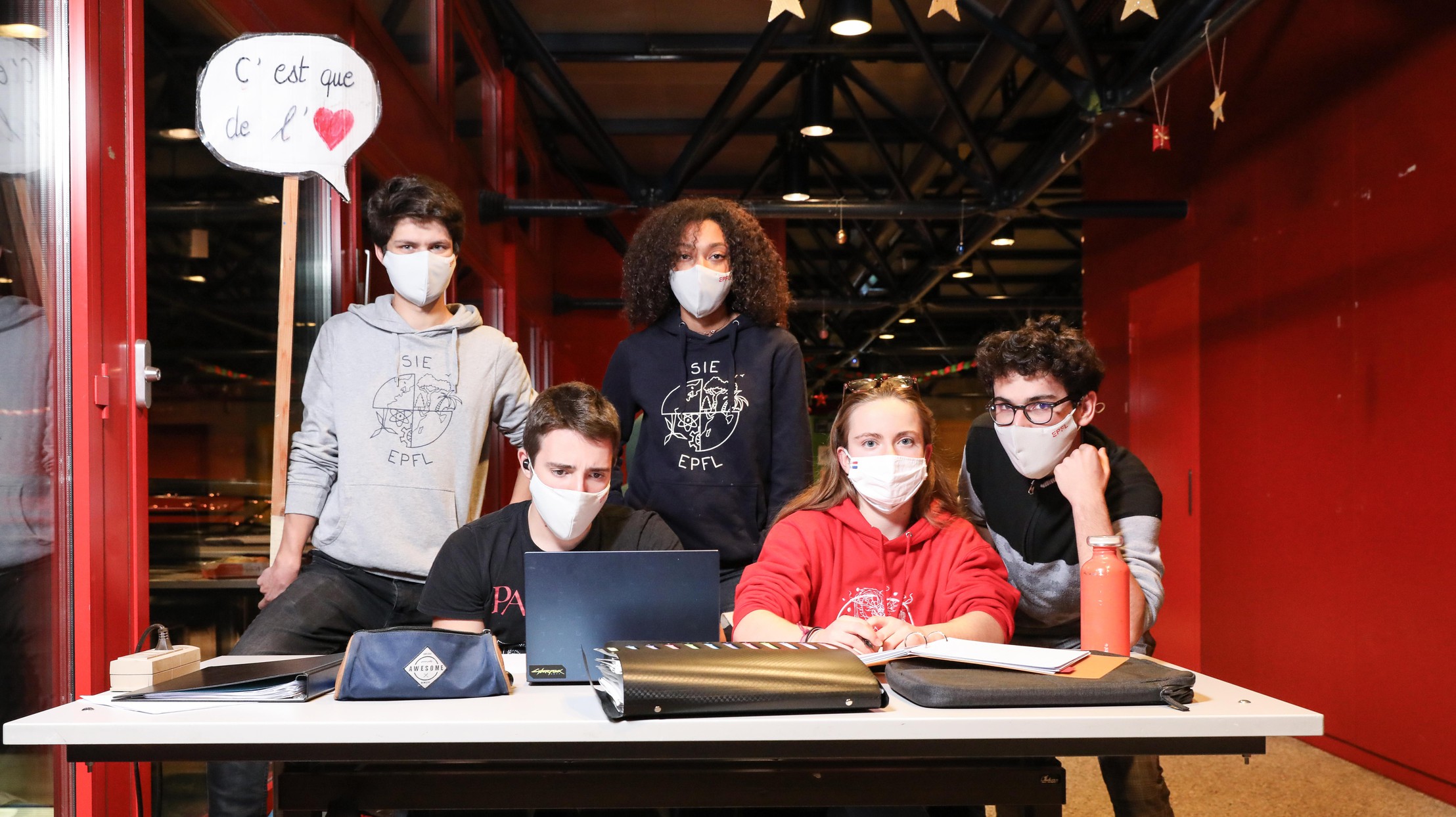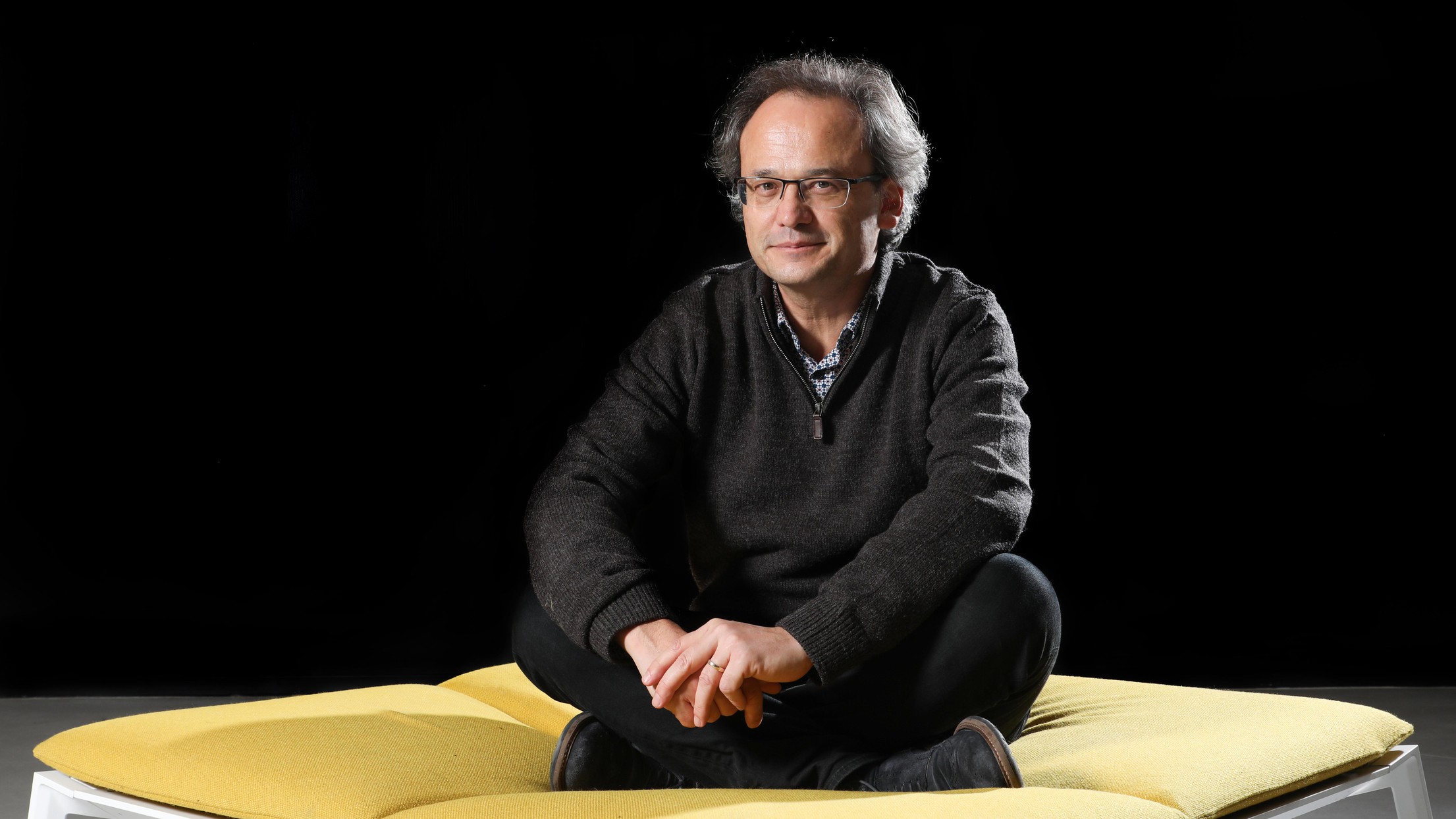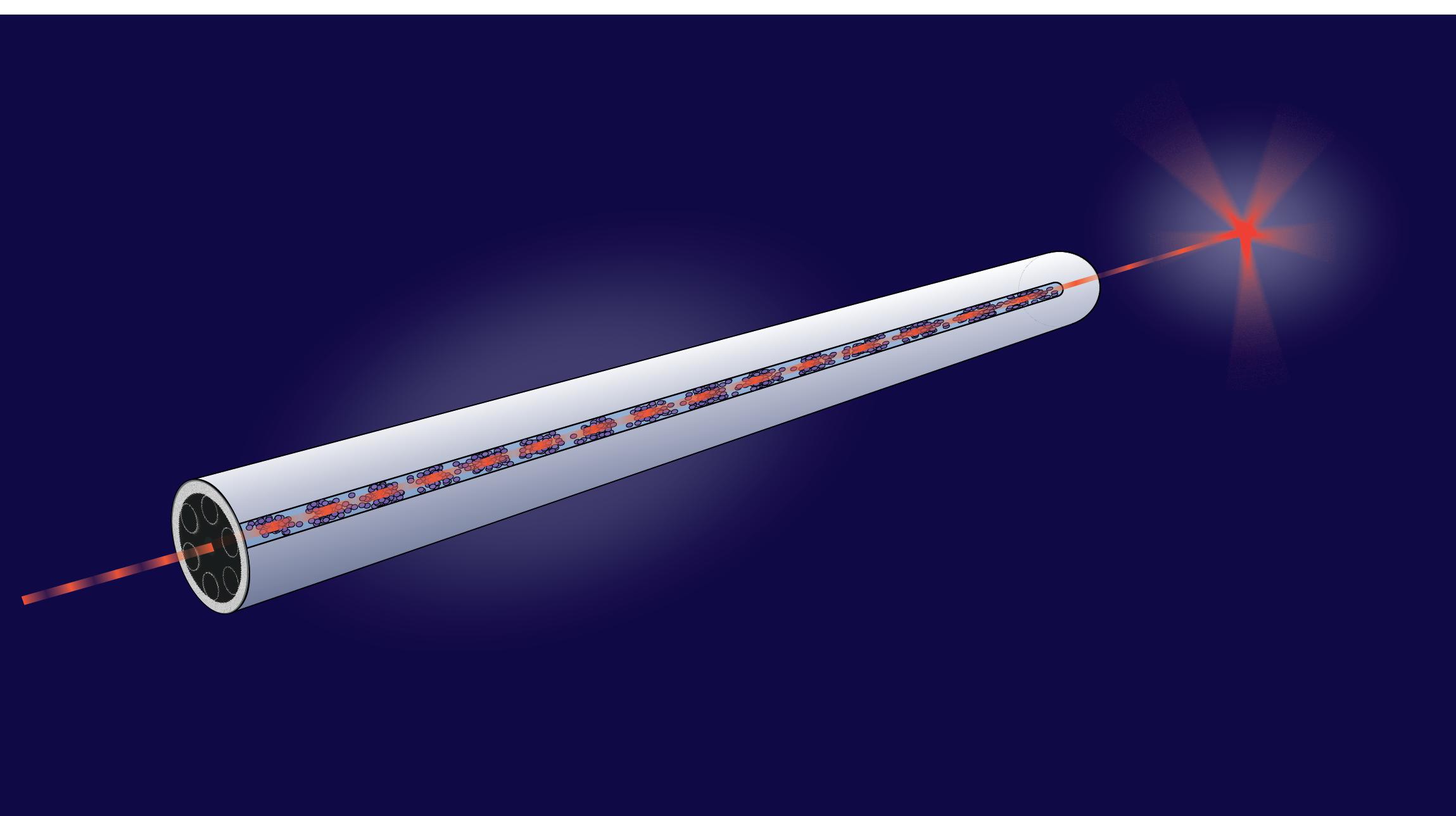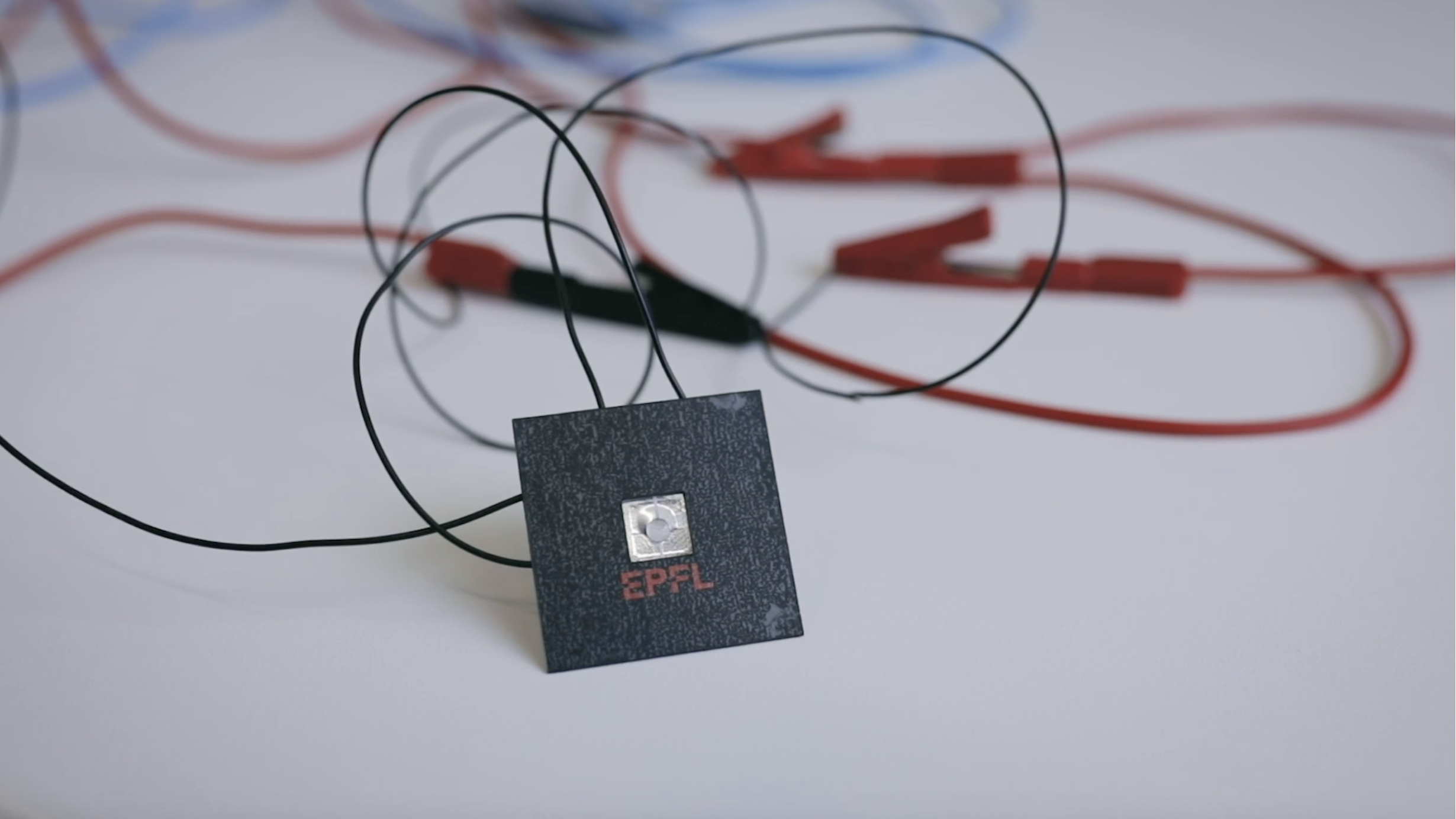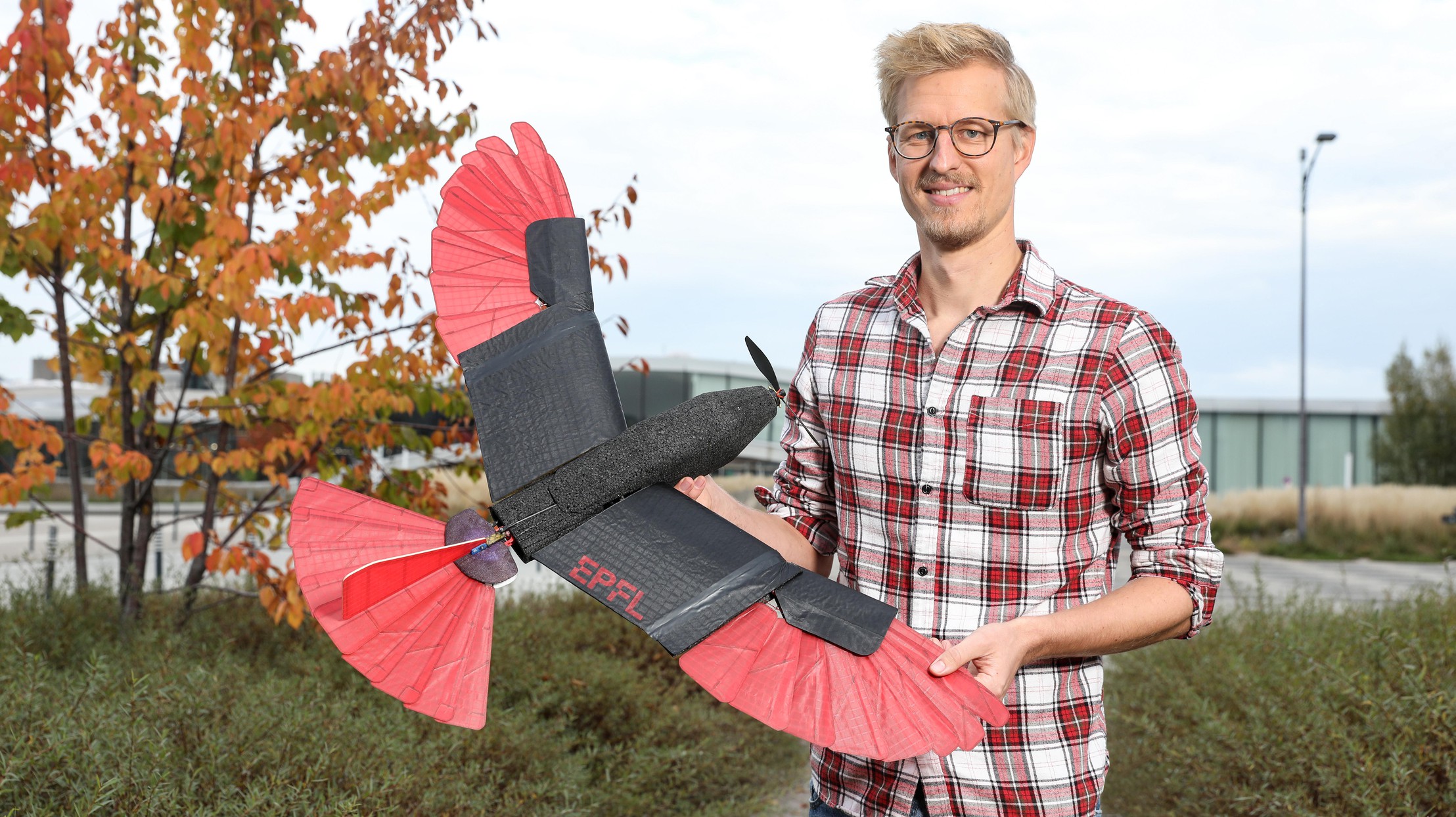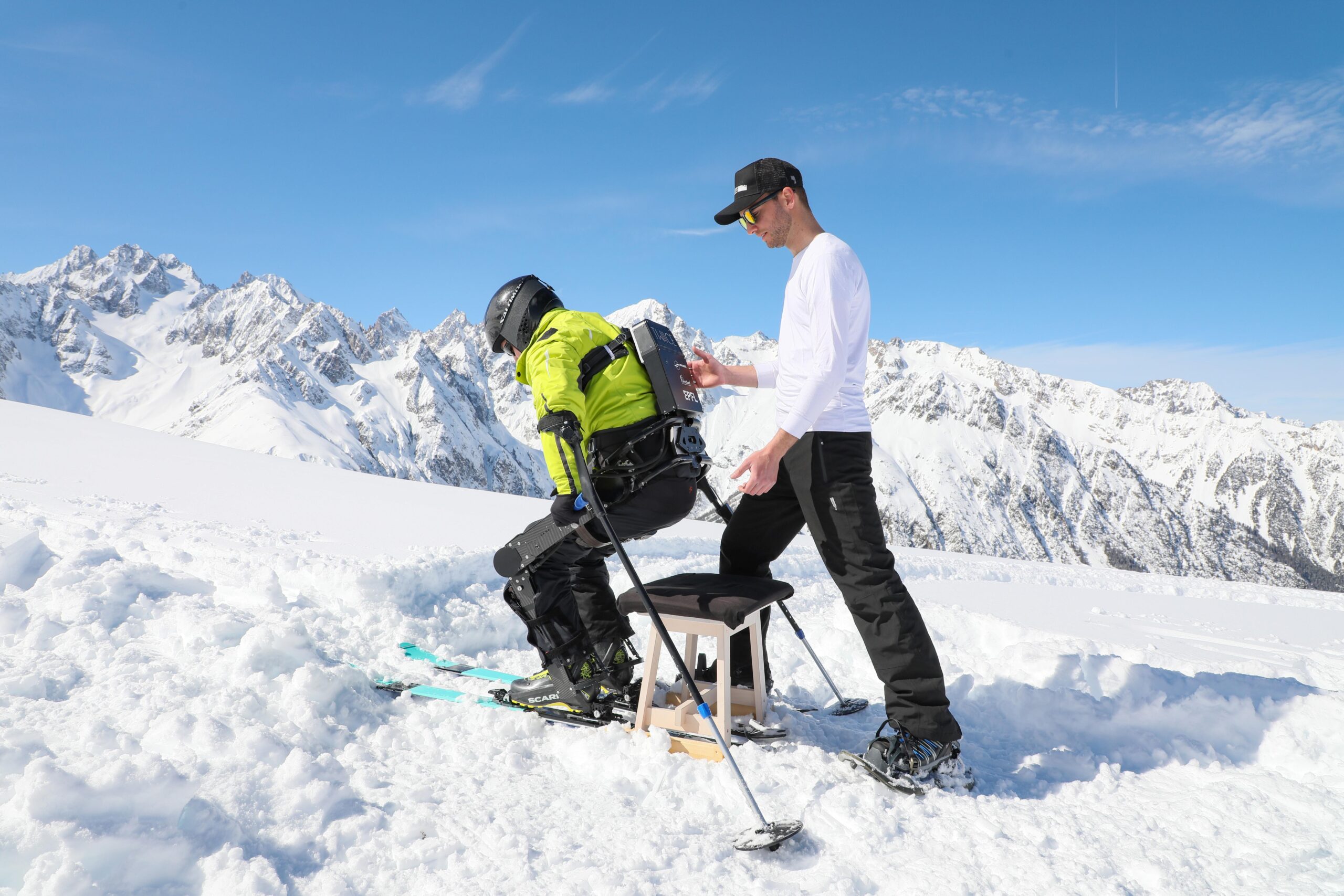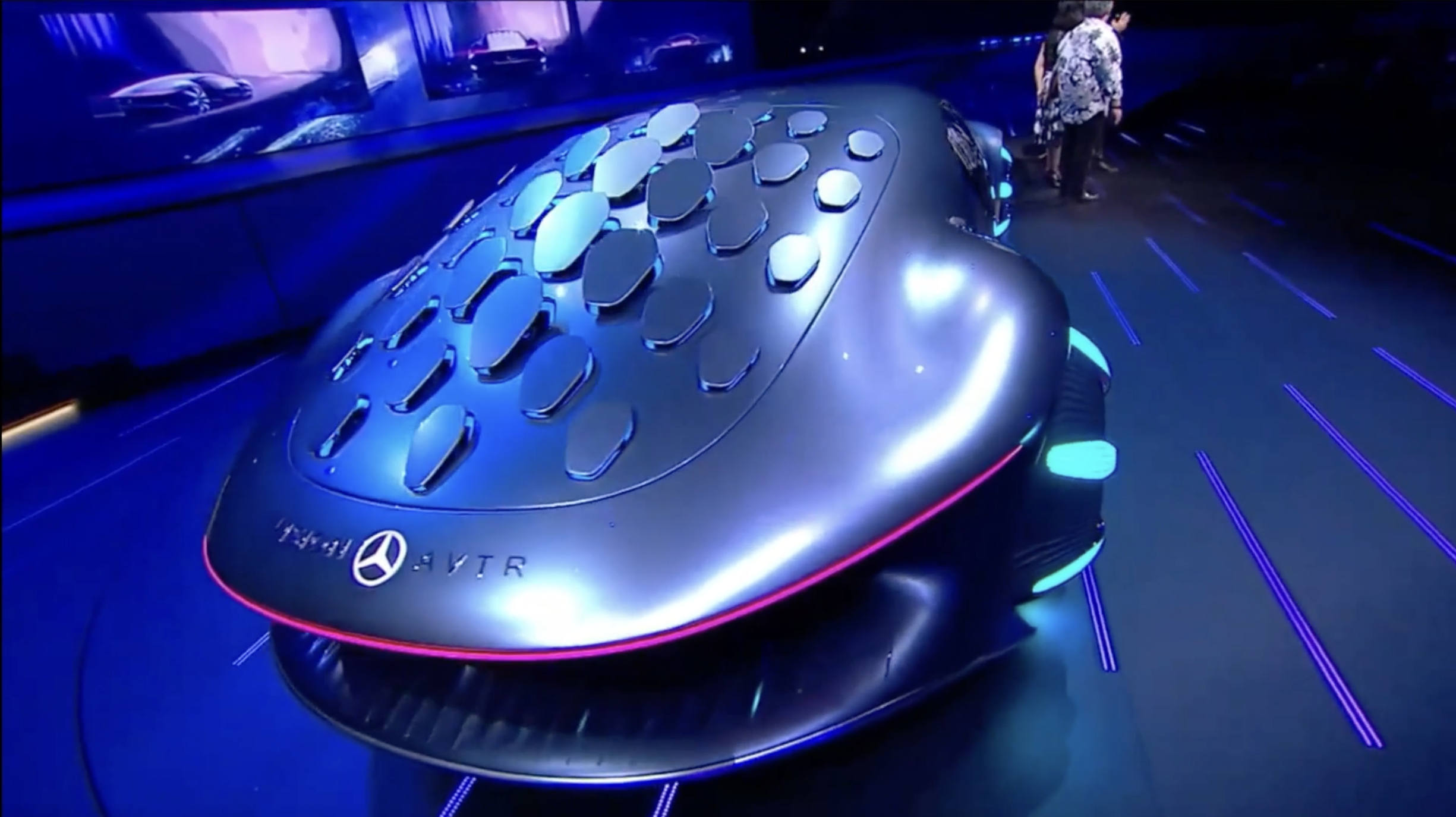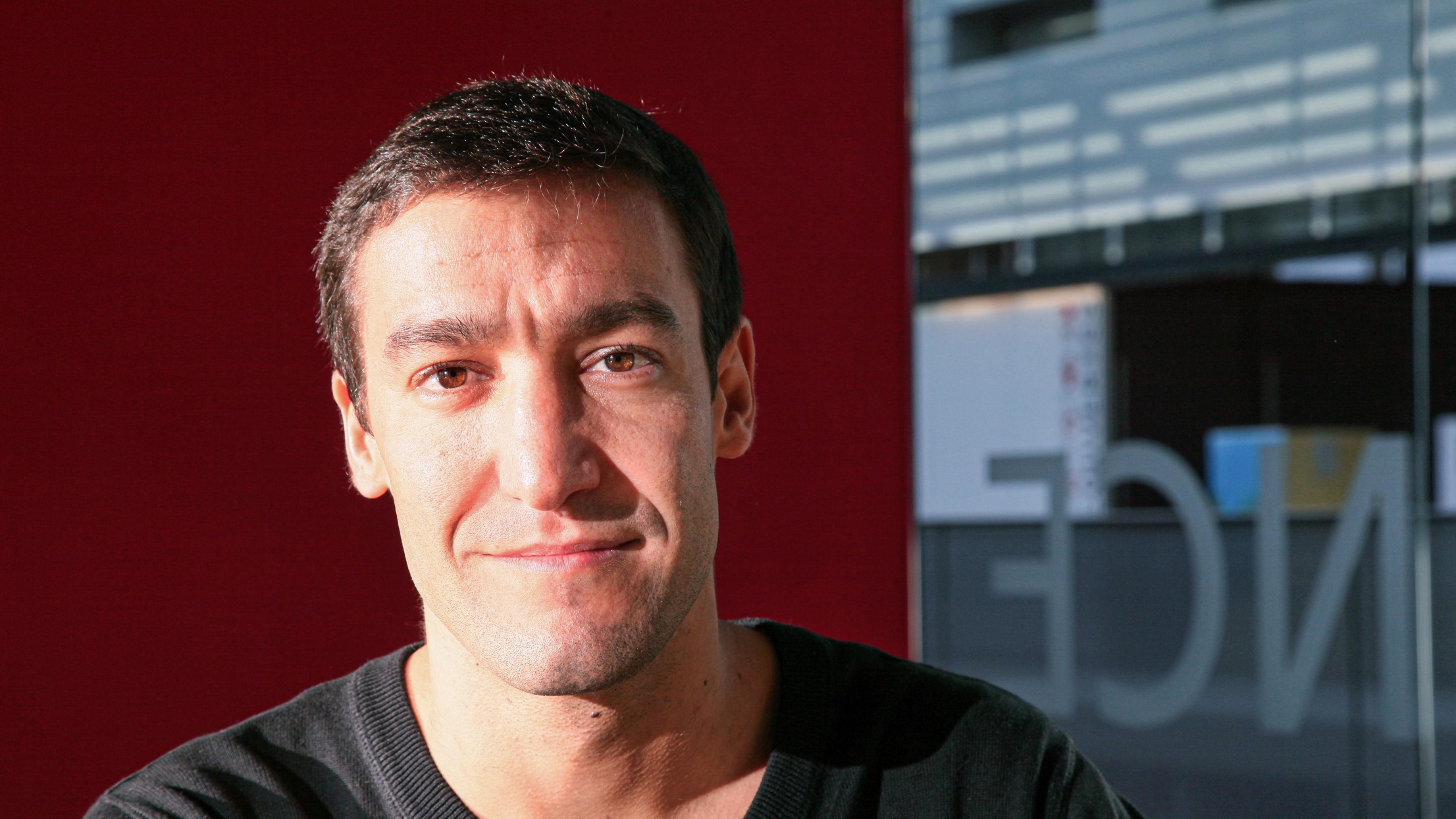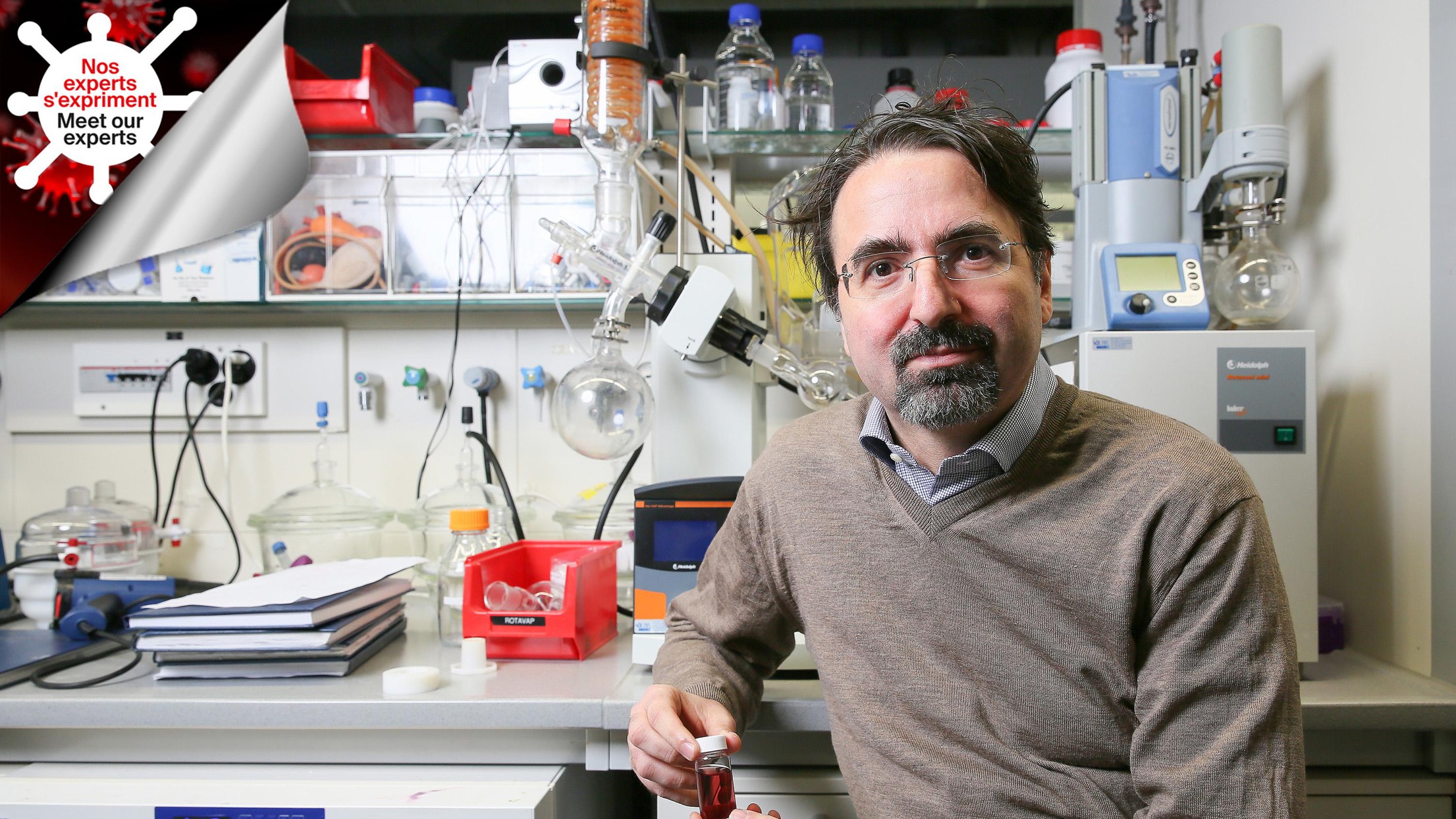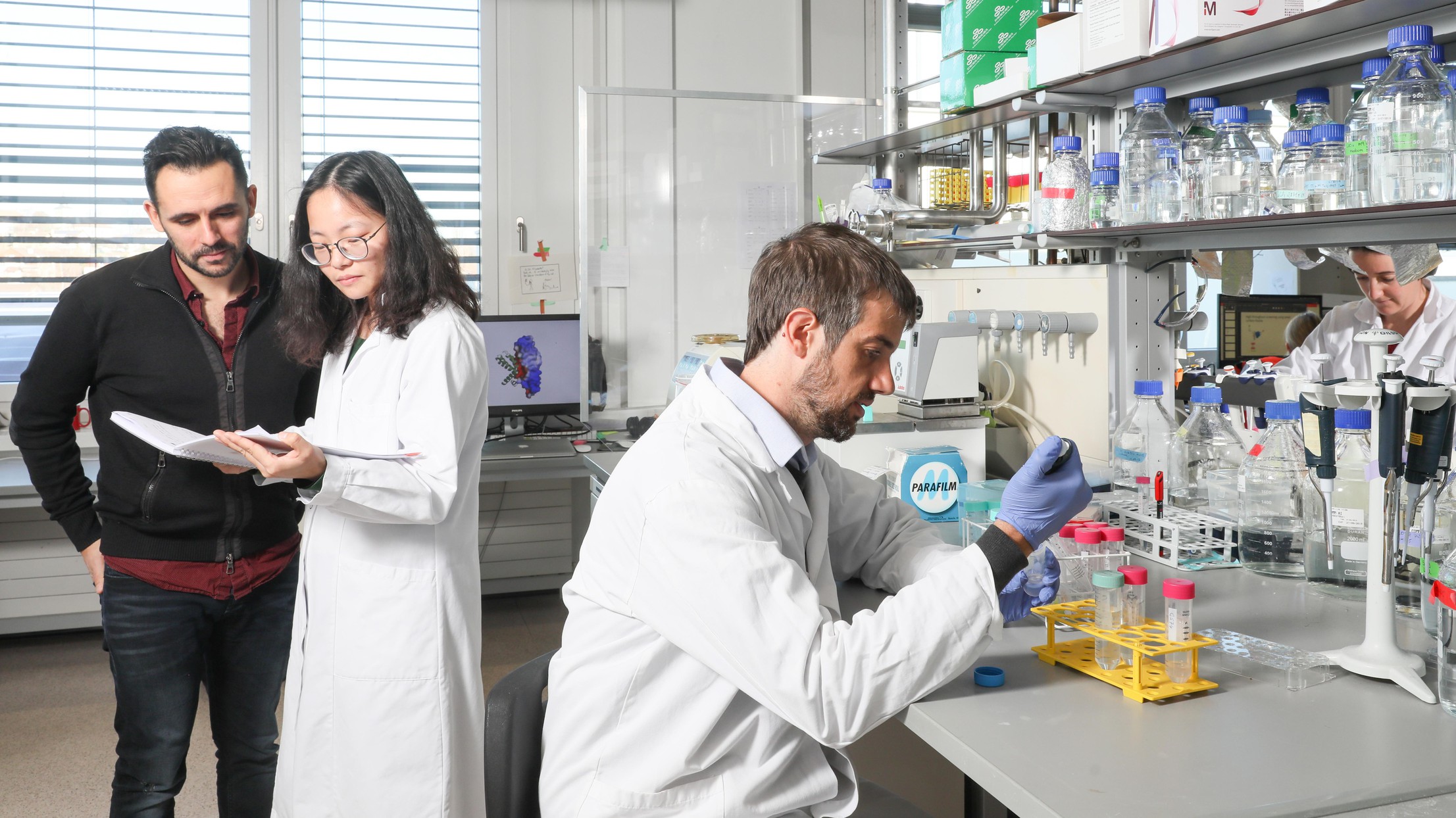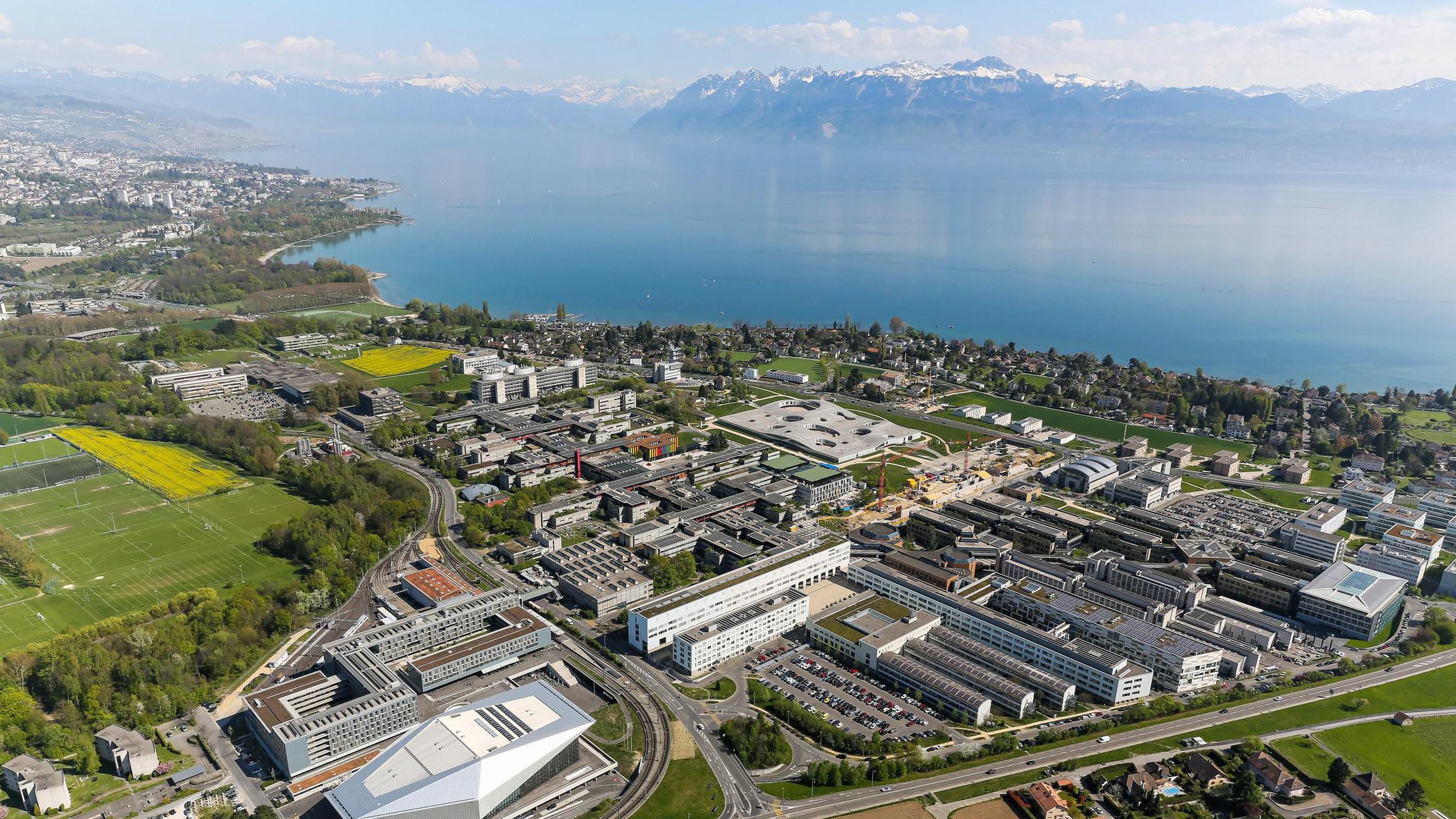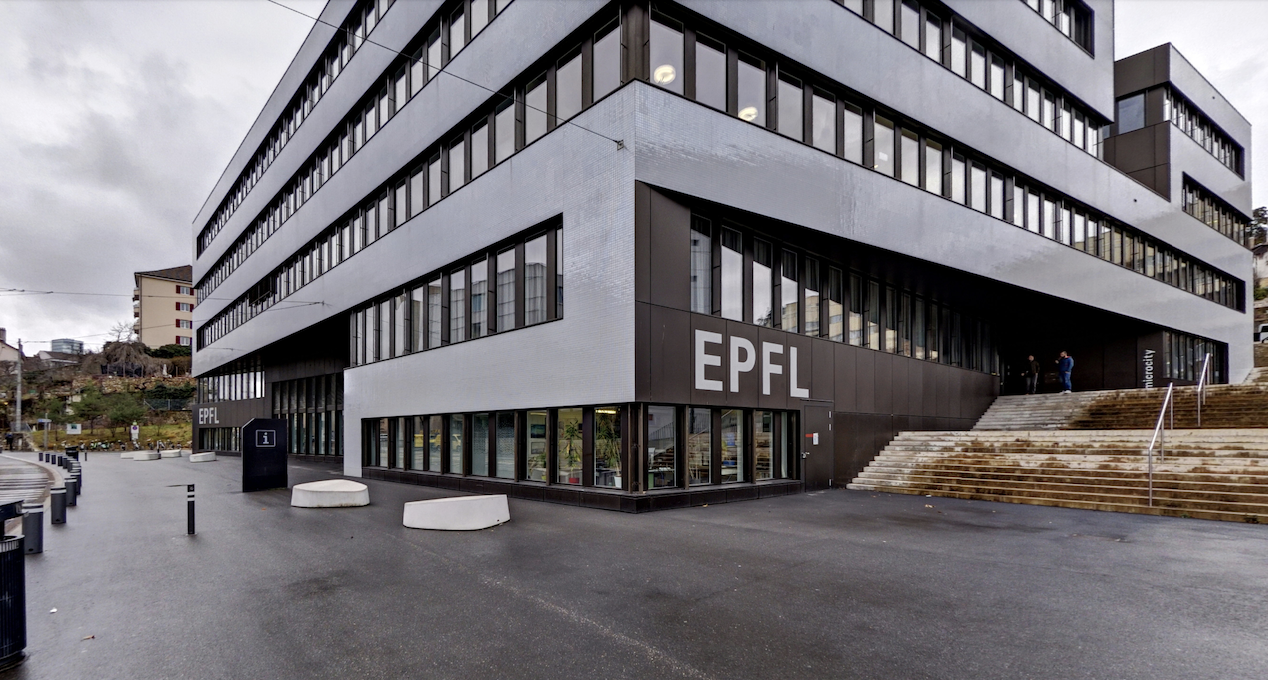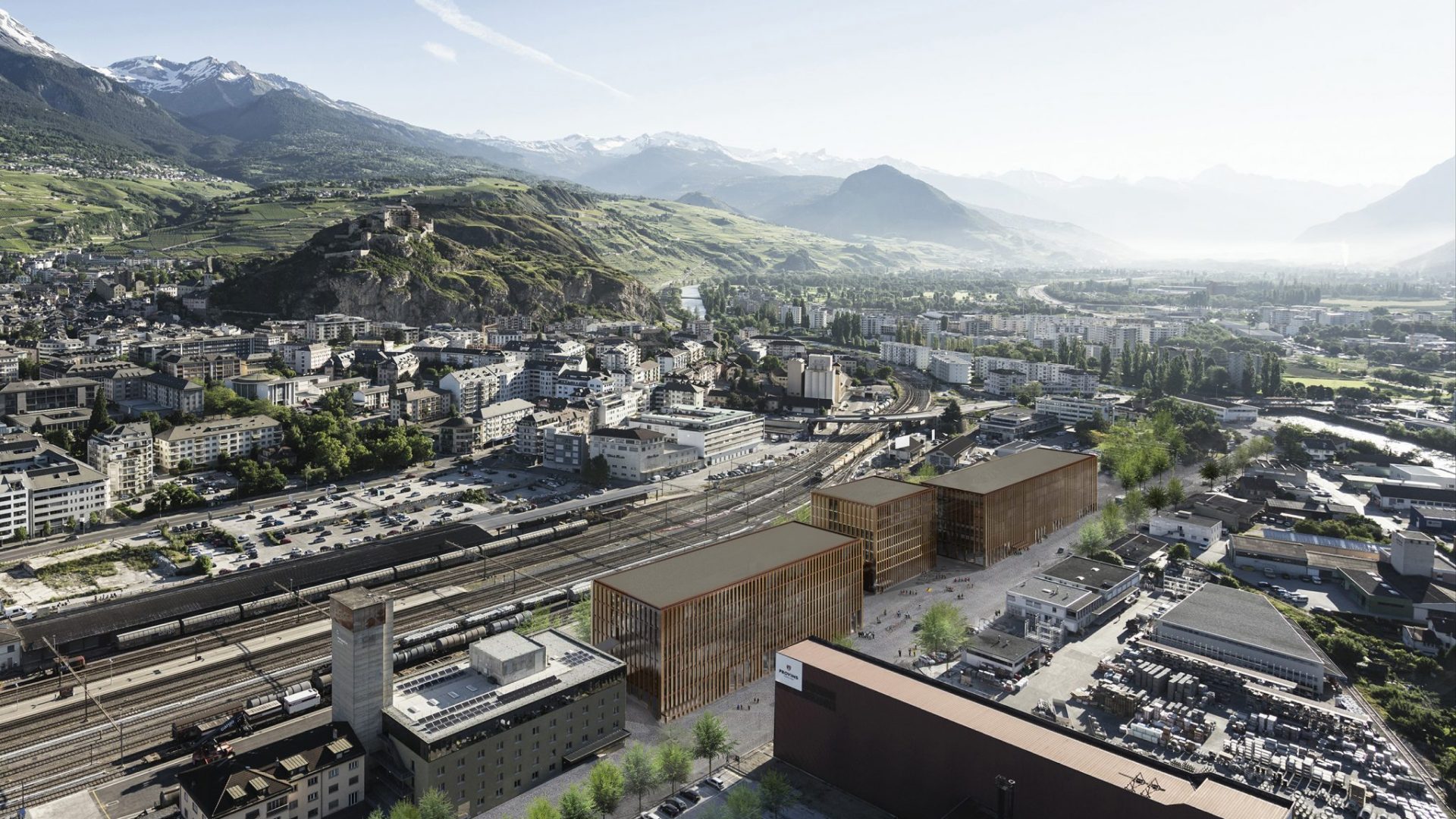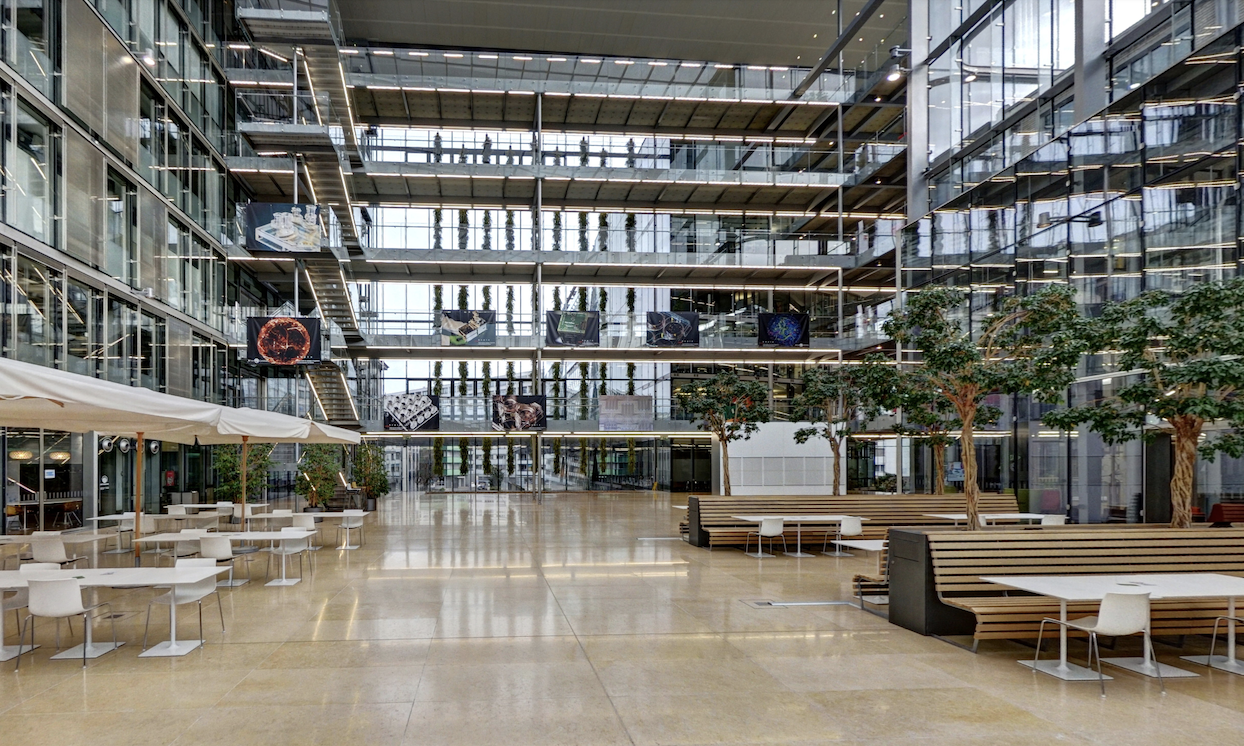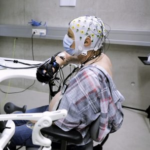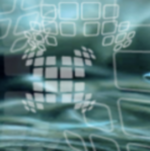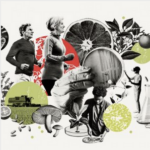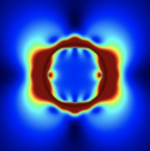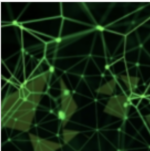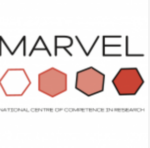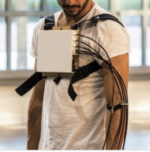A WORD FROM THE DEAN — HIGHLIGHTS — EDUCATION — RESEARCH — INNOVATION — COVID-19 — FACTS & FIGURES
A WORD FROM THE DEAN
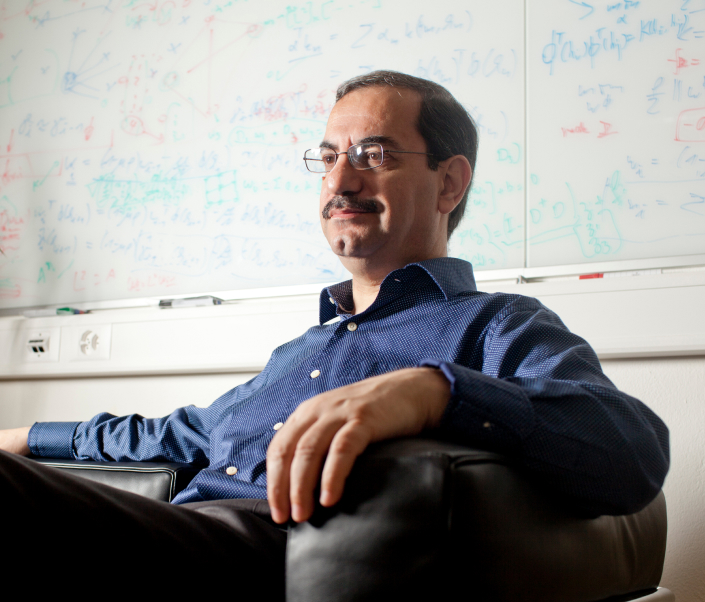
As we begin 2021 with cautious optimism about the state of the COVID-19 pandemic, it is my great pleasure to share with you the 2020 Annual Report for the EPFL the School of Engineering.
As we begin 2021 with cautious optimism about the state of the COVID-19 pandemic, it is my great pleasure to share with you the 2020 Annual Report for the EPFL the School of Engineering.
This past year has been abnormal on a grand scale all over the globe. Our lives have literally come to a halt with the spread of a contagious virus that has challenged our normalcy and humanity in unprecedented ways. Times have been challenging for our students, faculty, and staff but they have all risen to the challenge along with the entire EPFL campus. We are thankful for their dedication, patience, and understanding. A large portion of our educational activities has shifted online, and our faculty members have stayed engaged with their students at both the undergraduate and graduate levels. Various support mechanisms have been put in place by EPFL to assist our academic community. We are all hopeful that there is light at the end of the tunnel and all sister institutions across the world will bounce back to their vibrant academic environments.
Our school is one of the finest engineering institutions of higher education in Europe and the World, and 2020 has been a productive year despite its challenges.
Browsing through these pages, you will learn about an engaging educational environment that embraces students from their first steps in engineering and guides them through a modern curriculum. You will also read about the many opportunities our students have to step out of the box and be involved in exciting projects and competitions, both at the national and international stages.
Our faculty and researchers are among the best in their fields, fearless in their pursuit of novelty and successful in their engagement with industry and research partners across Europe and beyond. We are leaders in innovation and technology transfer, accounting for close to 40% of all start-ups created at EPFL and more than 60% of all the technology disclosures. During 2020, researchers at the School of Engineering have also received many recognitions and grants, showing the impact of their contribution to society.
2020 was also the year in which the School of Engineering supported the creation of the EPFL Center of Intelligent Systems, which brings together various parts of campus to push forward research in this critical and evolving field. We are also supporting joint efforts in imaging, neurotechnology, and on quantum science and engineering, all in line with strategic initiatives that run across EPFL and blend its schools and programs.
I look forward to sharing the ground-breaking moments of 2021 with you.
Ali H. Sayed, Dean of the School of Engineering
HIGHLIGHTS 2020
EDUCATION
“One of our main missions at EPFL and in the School of Engineering is to educate the next generation of engineers, and prepare them for the challenges they will face in their future life, after the Bachelor, Master or PhD studies. Beyond the acquisition of fundamental science and engineering concepts, including computational thinking, our students develop their ability to contribute to society and industry though exposure to a range of topics including ethics, data security and environmental issues, and are able to experience a multidisciplinary approach, in particular through hands-on or entrepreneurship projects”.
Véronique Michaud, Associate Dean for Education
Articles
Key Figures
Number of Students
RESEARCH
“At the School of Engineering more than 100 laboratories and research groups pursue the mission of understanding and improving the world we live in. They lead research in very different fields of science and engineering, with impactful outcomes that are made available to the society. The School of Engineering also promotes partnerships with other world-leading institutions and research laboratories to address the main challenges faced by humanity”.
Pascal Frossard, Associate Dean for Research
Articles
Key Figures
Number of laboratories and research groups
111
INNOVATION
“Technology transfer and innovation are key to EPFL, which is fundamental if we want to have a real impact with what we do. The School of Engineering has been a particularly strong contributor. We have put in place key initiatives to facilitate the collaboration between our researchers, students, and industry partners. A strong focus going forward will be innovation in response to the major societal challenges, including sustainability, the pervasive nature of data, and the role of artificial intelligence”.
Holger Frauenrath, Associate Dean for Industry and Innovation
Articles
Key Figures
COVID-19
The year 2020 was a special one with the Covid-19 situation and all of what it implied. Events had to be cancelled and the school had to adapt its way of working.
The School of Engineering was in the front row of the research projects linked to the pandemic situation. From efficiency of data analysis to research on vaccines, the involvement of our engineers was broad and efficient.
FACTS & FIGURES
116 Professors
1450 Employees (FTE)
4 Campuses
